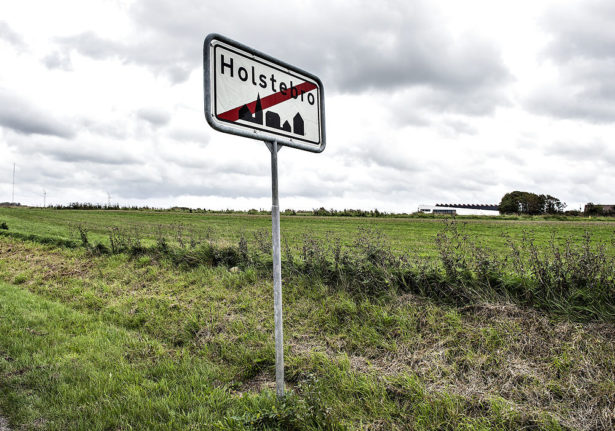The government has decided to put local measures into effect in the two municipalities at the recommendation of health authorities.
The measures, announced in a Ministry of Health statement on Monday, are scheduled to remain in place until December 3rd.
A number of confirmed cases in people who have worked on mink fur farms in the region are the reason for the local measures.
The Central Jutland health authority has found 180 cases of Covid-19 which can be connected to mink. Over half of those are located in Holstebro and Ringkøbing-Skjern.
National infectious disease agency State Serum Institute (SSI) has said increasing cases of coronavirus related to mink may be found in the region in the coming weeks.
However, no further incidences of the ‘cluster 5’, a mutated variation of coronavirus from minks, have yet been detected in humans.
Concerns over the mutation prompted the government earlier this month to shut down parts of North Jutland and cull all farmed minks in the country.
READ ALSO:
- 'We're in shock': Denmark's mink farmers despair as livelihood dies with animals
- Danish minister resigns over 'mistakes' in response to coronavirus mink outbreak
- Danish government confirms North Jutland restrictions to be eased early
Nonetheless, a high incidence of mink-related cases makes mass testing in West Jutland a sensible step, according to Ringkøbing-Skjern mayor Hans Østergaard.
“I would certainly encourage everyone to take a test. All other things equal, testing is a tool that helps reduce infections to a lower level,” Østergaard said.
Requests over testing and reduction of social contacts are a significantly lower level of restriction than those which were placed on North Jutland, he also noted.
“When you think it over, these are basically the restrictions already in place where you are encouraged not to see more people than absolutely necessary, and to move in small social circles,” he said.



 Please whitelist us to continue reading.
Please whitelist us to continue reading.
Member comments